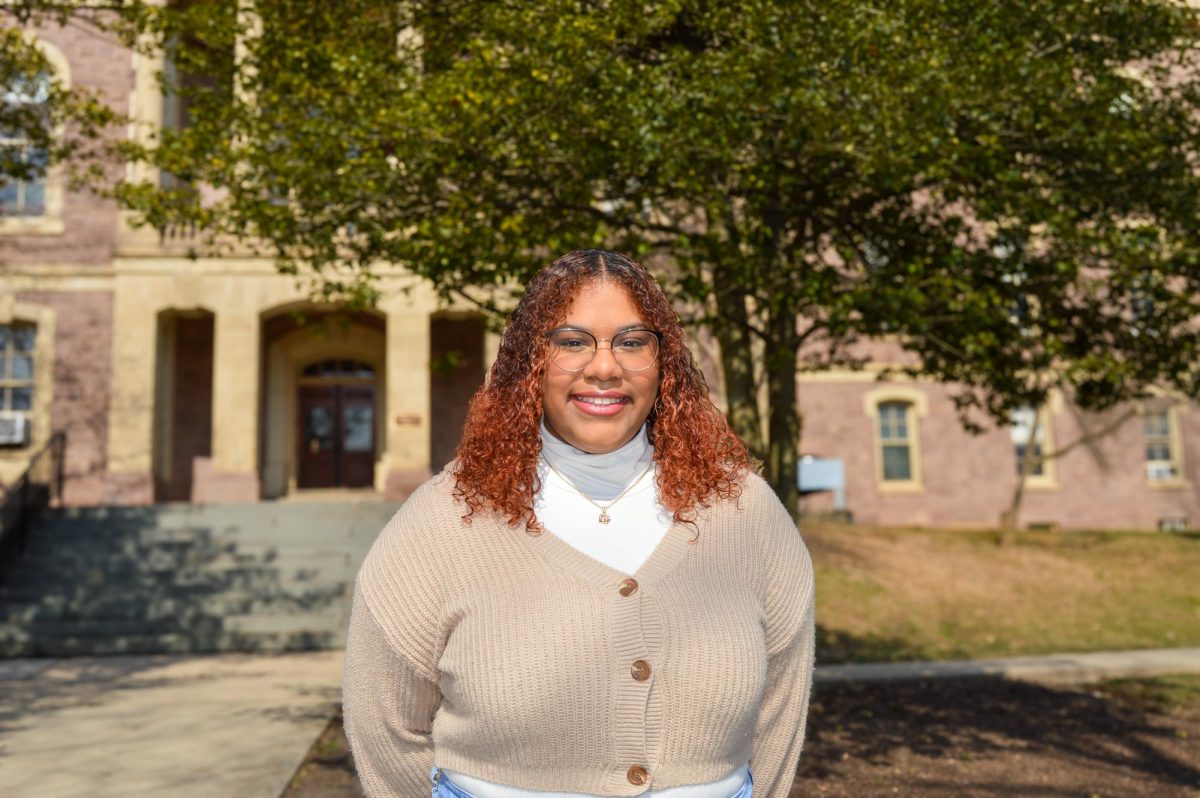Professors often develop new ideas for classes, yet such an opportunity is rarely offered to students. English major Damaris Gomez ‘24 can count herself among the few.
Gomez is helping to design a course surrounding one of her true passions: decolonization literature. Due to Gomez’s future aspirations in education and her long-time interest in decolonization-based literature, designing the class seemed like an ideal project.
“I figured that because I am an English major and I have a lot of connections, not only just in the English department but [also] the Spanish, that I would love to undertake this project,” Gomez said. “I felt like I would be the perfect person to do that.”
Gomez went to English professor Christopher Phillips with this idea in mind and they started designing the decolonizing literature course together, placing a heavy emphasis on literary theory.
“One of the big goals of the course is to introduce students to key concepts like what is actually going on when you’re decolonizing, what kinds of history are you coming to terms with and what are possible paths to … not just resist, but build something counter to colonial frameworks,” Phillips said.
Gomez said that the course centers on framing colonization as a systemic structure that continues to be perpetuated today and looking at its legacy. Gomez noted that Francis March, a former Lafayette professor, excluded the works of Black individuals, as well as women, when proposing English curricula to the administration.
“When thinking about restructuring or rebranding or even reintroducing what literature is in English and how it should be taught in institutions … it’s not a fair representation of what American culture is,” Gomez said.
Gomez and Phillips have also been exploring the idea of incorporating creative writing alongside the history and literary analysis components of the class.
The course draws on many of Gomez’s previous courses in anthropology and sociology, writing, Spanish and English literature. While there do exist some classes on decolonization at Lafayette, such a synthesis between disciplines is rare.
“It’s taking a topic that shows up in many different places in our curriculum, and concentrates it into one very multifaceted, very rich kind of study that lets you then … launch off into a new set of questions,” Phillips said.
As a student herself, Gomez is cognizant of how a heavy workload impacts students. She and Phillips have been looking at ways to cut down on required work outside of class, such as in-class readings and discussions.
“As a student, I feel like that’s one of the ways that it’s kind of an advantage to creating this course,” Gomez said. “I feel like professors, they’re kind of on a different level where they think students can handle a reading and then they have these optional readings on there. I was like, no one’s really going to do that.”
While the course is still in development, Phillips mentioned there’s a chance it could be offered by the 2024-2025 academic year.
Gomez hopes that students take away not just an appreciation of decolonization theory, but practical skills to extend to their other classes.
“This course is more to help [students] not only with how they engage with texts in the future but also giving them that space to kind of wrestle with their own thoughts,” Gomez said. “It’s not just thinking about theory, but how can I apply it?”























































































































